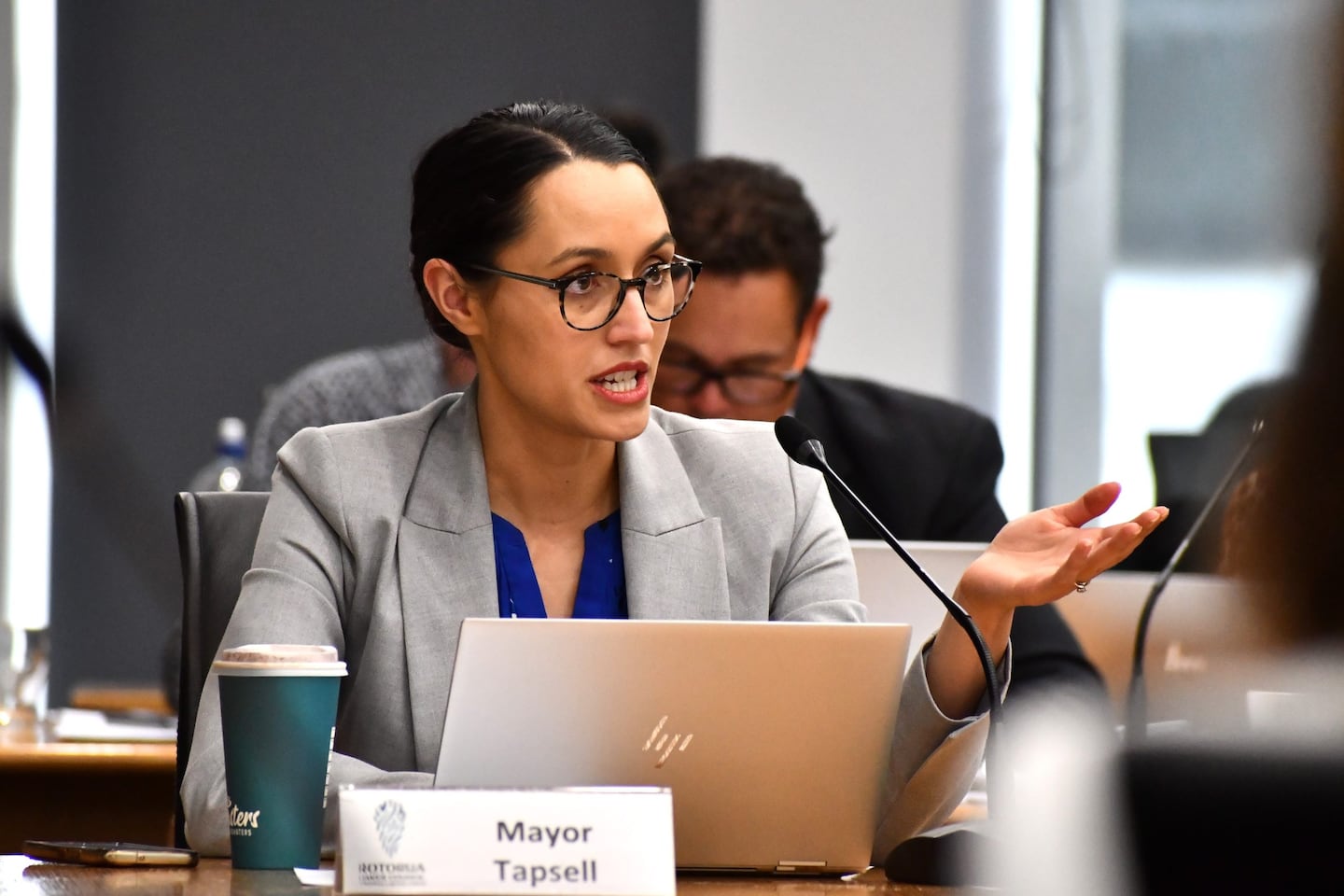As the nomination deadline looms for this year’s local elections at midday on Friday, serious concerns are emerging over the strikingly low number of candidates putting their hands up to stand.
From economic pressures to the toll of online abuse, MPs and current mayors are pointing to a growing list of barriers deterring people, particularly Māori and women, from stepping forward to serve their communities.
In some districts, the numbers are stark.
Rotorua mayor Tania Tapsell says her council nominations are barely a third of what they were in the last local election.
“Even our numbers in our Council election are only about a third of what we’ve seen in the past, so significantly lower,” she said.
“When I stood for mayor, it was a contest. This time, my name is the only one online of someone who’s put in the nomination form.”
Tapsell, who is seeking re-election, says the drop-off is a reflection of both economic strain and the growing hostility politicians face, especially online.
“People have seen how hard it is for us and the criticism that we get, especially online and on social media,” she said.
“In particular, for Māori and women. At times, there are even threats of violence. There’s an issue at a society level that turns good people off wanting to be in these important roles.”
Since being Mayor, she has needed to make 23 different complaints of threats of violence for the police to investigate.
Cabinet Minister Tama Potaka agrees. He says he’s concerned about the lack of candidate nominations, especially among Māori, and is urging more skilled and connected individuals to stand.
“I absolutely encourage more Māori to put their hands up to be candidates. But I acknowledge there are political, whānau, and social risks that come with it,” he said.
“It’s quite a strenuous task.”
Potaka also points to economic factors as a major barrier.
“A lot of people are concerned about their own cost of living. They just don’t have the time they need to earn a dollar and help their communities at a local level already,” he said.
Tapsell highlighted similar financial challenges, especially for younger candidates.
When she started as a councillor, she was paid just $33,000 a year, less than the minimum wage on a 40-hour week. Community board members are paid even less.
“It can be a tough decision to take a lower pay grade, if I’m honest, to stand for council than if they were to go into the private sector and work a normal job,” she said.
More than 60 councils around the country had fewer than five candidates standing for mayor or councillor positions. Some councils, such as Far North District Council, had no nominations at all for multiple positions just days out from the deadline. However, Moko Tepania, their current mayor, has confirmed he is re-standing in this years election.
Local Government Minister, Simon Watts, acknowledges the issue, saying it’s something the government is actively looking into.
“It’s a challenging area, but it’s really, really important for our communities. We do need to increase capability and confidence and get more people to stand again,” Watts said.
“Ultimately, it’s up to individuals, but I encourage people to put their hand up and do it.”
With local government responsible for critical services, everything from drinking water to housing infrastructure, Tapsell warns that apathy and underrepresentation could result in less qualified or more extreme candidates being elected.
“You do not want people on council that are not skilled, or do not care about the wide and diverse range of the communities they’re supposed to represent,” she said.
“It’s not an easy path, but we will be here to support and encourage anyone who’s willing to get on this table and make the right decisions for our people.”
And with the Māori wards referendum included on local ballots this year, Tapsell says boosting participation, both in candidacy and turnout, is more critical than ever.
“If we weren’t here in this space, then who else would be? That’s what really scares me.”




